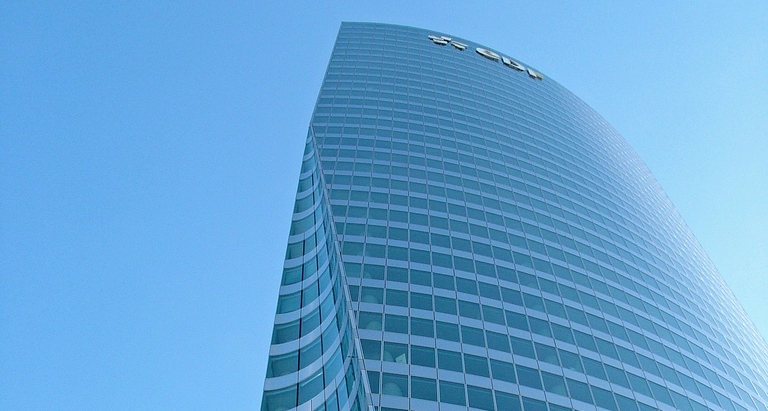From pv magazine France.
Electrical systems company Thales, state-owned electric utility EDF and oil major Total were among the eight French signatories of a manifesto for an artificial intelligence (AI) industry launched on July 3 at the Ministry of the Economy and Finance.
The manifesto was intended to promote research and development resources to make AI a source of growth and jobs across industrial sectors within an ethical framework.
With that commitment in mind, the fossil fuel companies and Thales have announced the opening of an AI industrial research laboratory. The work to be carried out at the EDF Lab Paris-Saclay research and training center will focus on “AI technologies adapted to the needs of critical industrial systems”, namely, vulnerable systems where malfunctions could have serious consequences.
Critical systems
Among such systems, EDF cited aeronautical applications and energy production facilities. These “indeed require the highest level of requirements in terms of reliability and therefore the development of trusted AI, explicable or even certifiable, which will respond to the laboratory’s research work”, the state-owned electric utility said.
The new laboratory will also develop AI technologies for applications such as task optimization, acceleration of access to information, improvements in industrial efficiency and energy performance and even industrial facility availability.
The partner companies’ research will focus on three key areas: explainability, or transparency of reasoning; reinforcement learning – rewarding AI positively or negatively during learning; and simulation via physical models to optimize system behavior.
This content is protected by copyright and may not be reused. If you want to cooperate with us and would like to reuse some of our content, please contact: editors@pv-magazine.com.



2 comments
By submitting this form you agree to pv magazine using your data for the purposes of publishing your comment.
Your personal data will only be disclosed or otherwise transmitted to third parties for the purposes of spam filtering or if this is necessary for technical maintenance of the website. Any other transfer to third parties will not take place unless this is justified on the basis of applicable data protection regulations or if pv magazine is legally obliged to do so.
You may revoke this consent at any time with effect for the future, in which case your personal data will be deleted immediately. Otherwise, your data will be deleted if pv magazine has processed your request or the purpose of data storage is fulfilled.
Further information on data privacy can be found in our Data Protection Policy.